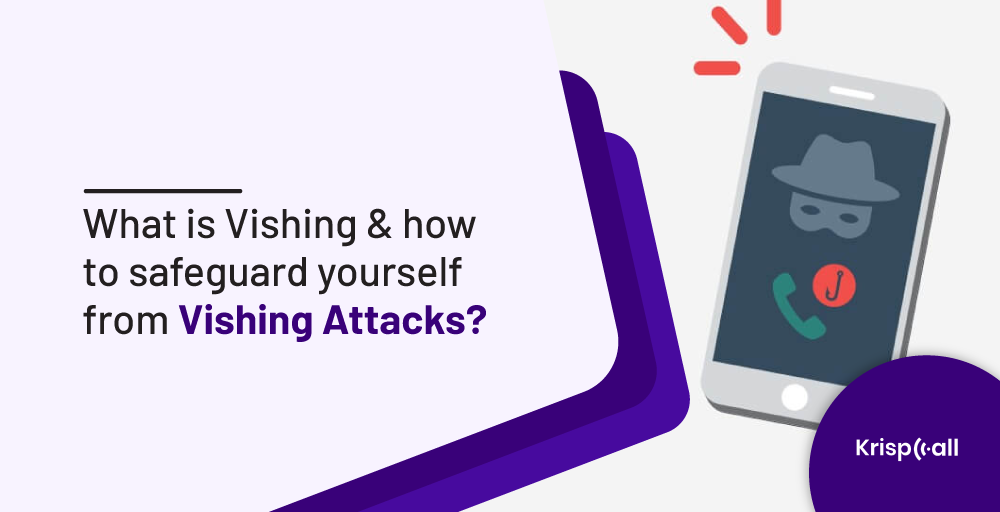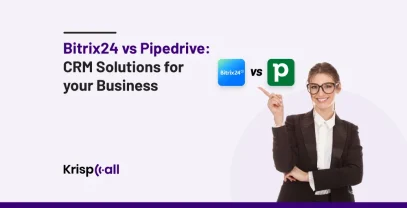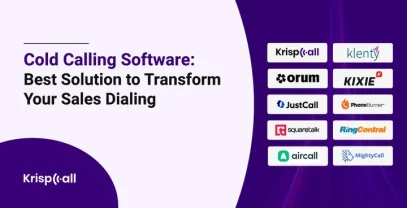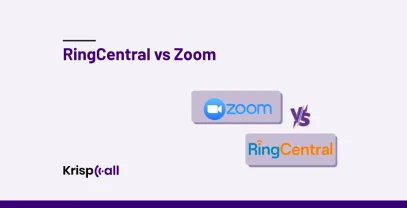You’ve probably heard of Phishing. It is a type of scam in which a scammer pretends to be your bank by sending you an email or digital message.
You may receive a message stating that your password has expired or someone has tried to log into your account. Would you mind changing your password or providing your pin code so we can make the necessary changes?
Using these techniques, they will be able to gather personal information about you, your bank details, social media information, and more. As soon as scammers gain access to your credentials, they will steal your money from the bank or publish your personal information.
Sometimes, they even ask for a ransom to give your account’s authority back to you. Nowadays, scammers are using vishing techniques to commit similar types of crimes.
Vishing is a relatively new twist on Phishing that’s a bit more difficult to defend against compared to Phishing – and, to make matters worse, we now have to deal with Phishing with vishing as well.
There are times when it becomes difficult to tell who is calling when your phone rings and someone might be vishing.
This article will provide you with information about vishing and how to protect yourself from such attacks.
What is Vishing?
Vishing is the voice form of Phishing. In another word, vishing is the combination of voice and Phishing. In this technique, the message is delivered via voice call instead of a digital message or email. The scammer will call you directly, pretending to be your bank representative/customer support, and offer help to fix the issue.
Scammers use different tricks to gain access to bank account numbers, PINs, passwords, and other personal information. In general, this technique involves three steps. Initially, they target someone who isn’t tech-savvy or unfamiliar with modern technology.
In order to select such targets, they usually have software that allows them to extract phone numbers in bulk.
The second step involves extracting information from the target. Scammers call the victims one at a time and steal their banking information, including their PIN and password. Once they get all the banking information, the final step is to steal your money.
How Does Vishing Works?
Scammers will call your phone number and claim to be from your bank, stating that your account has been compromised and asking for your confidential information such as your banking password, PIN, etc., to resolve the issue.
Using the spoofing technique, they appear to be calling from the authorized number. Spam acts similarly to Phishing, whereby you receive a link in your inbox from an email address that looks like it’s from a trusted source.
Initially, scammers get your trust by stating the right personal information, such as your name, phone number, and address. As soon as they gain your trust, they make you feel as if there are some immediate dangers, and if you don’t take action now, the consequences could be devastating.
Creating such a scenario will force or intimidate you into disclosing your confidential information.
Common Types of Vishing Attacks
Among the many types of vishing in the market, some of the most common are as follows:
1. Telemarketing
In this type of vishing, scammers pretend to be the telemarketing representative of some authentic company. They will try to persuade you to reveal your personal information by offering you the product at the lowest price, a fake free trial of the product, a fake prize, etc.
They create urgency with the phrases like hurry up; this offer is for a limited time, This offer is only for you, You are the lucky one and such. These are only some examples scammer uses for vishing attacks through telemarketing.
2. Tech Support
This is one of the common types of vishing. This type of vishing involves a scammer posing as a support representative who tells you your device is under attack by a virus, and you must update it immediately.
In order to resolve the issue, the scammer will ask for remote access to your computer. When you grant remote access to the scammer, they will have complete control over your system. It is now very easy for them to extract your personal information from the system.
Additionally, they can install any spyware on the system and track all your activity.
3. Financial organization
As with most vishing attacks, the main target of this attack is to extract your financial information. An attacker pretends to be the authority from your bank and informs you that there is an issue with your bank account and you need to take action immediately.
They will ask you to share banking information like transaction PIN, password, etc. They use this information to steal money from your account.
4. Governmental organization
In this type of scam, the scammer pretends to the government officers and targets the business organizations. Generally, this happens through some form of a tax scam or by impersonating an official from a local government or police force who requests identification details.
The scammers will induce fear, create unnecessary urgency, and instill a sense of fear into you during the call. It is possible to be accused of not paying your taxes or to have your criminal record checked and be threatened with a fine.
Being in this position will cause you to feel scared and give them any information they might ask for, such as your social security number. After all, you might be instructed to deposit money into one of their accounts by the visher.
How To Protect Yourself From Such Vishing Attacks?
1. Verify the identity of the caller
Scammer often spoofs their caller ID and pretends to be concerned with official authorities. Hence our phone caller ID might show them as an official authority. The best time to pick someone up is when you know them or expect them. If not, let it go into voicemail and listen to the message to verify its authenticity.
Whenever you feel suspicious about the voice call, it’s always better to verify it. If someone pretends to be the official authorities, then try to verify it with their office and higher authorities.
2. Ensure your privacy
Authentic organizations never ask for your personal information over a phone call. They believe in customer privacy, and if there is any such thing to be fixed, they will ask you to visit the physical office to maintain your privacy.
Hence, if anybody asks you to reveal your personal information over a phone call, never share such information, not in an emergency. None of the organization would ask you o reveal you information over the phone at any cost.
So, It is wise not to share your confidential information over the phone with anyone. You shouldn’t store your personal information on cloud storage services such as Google Drive or Dropbox unless you encrypt it on your computer.
3. Don’t leave a digital footprint
Your digital footprint is one of the main sources of data for most websites. Whenever you visit any website, they will track your digital footprint and extract your data.
As of now, every website is legally required to disclose all the information they store about you. The personal information a company collects can usually be requested via the privacy information on its website.
Furthermore, you can request that a website or organization delete all your data completely. The fact that you can’t use their services now might affect your ability to do so in the future. In addition to protecting your data from being stolen, you are also protecting it from leaks.
4. Keep your passwords up-to-date
To keep your credit card safe, you should update your passwords on websites, your email, and your phone. There are various criminal activities and data hacks related to vishing, including other types of crime.
In some cases, you might be unable to avoid the situation where you have to share your personal information. In such cases, record the conversation you have with the person, and once the call is aborted, listen to the recording back and change all the credentials you have shared.
Even though it may seem paranoid, it is effective and works. Moreover, it is recommended that you regularly change your passwords and financial details.
5. Block unwanted phone calls
One of the effective ways to protect yourself from vishing attacks is to block unwanted calls. Nowadays, various software is available that identifies the caller ID and is categorized as spam calls, telemarketing calls, etc. Now you can use call blocking features to block such unwanted calls.
You can also register your phone number as a national Do Not Call Registry so that authentic telemarketing companies will not call you. This might not completely stop the vishing attack, but this will definitely minimize some risks.
Final word
Vishing is one of the common techniques of scams because it is easier to convince you over the phone. It is common for us to feel socially obligated to be polite or comply with someone who sounds confident and authoritative.
It can be especially useful to persons who aren’t familiar with phishing scams or aren’t technically and technologically sound. For instance, older people who use landlines might not be aware of cybersecurity issues. Understanding what vishing is helps you to avoid it effectively.
Krispcall virtual cloud telephone system provides the best virtual phone system for your business. Its advanced call features, such as call filtering, call monitoring, and call blocking, will help you to prevent vishing.
Feel free to visit www.krispcall.com or contact our support team if you want to try KrispCall.





